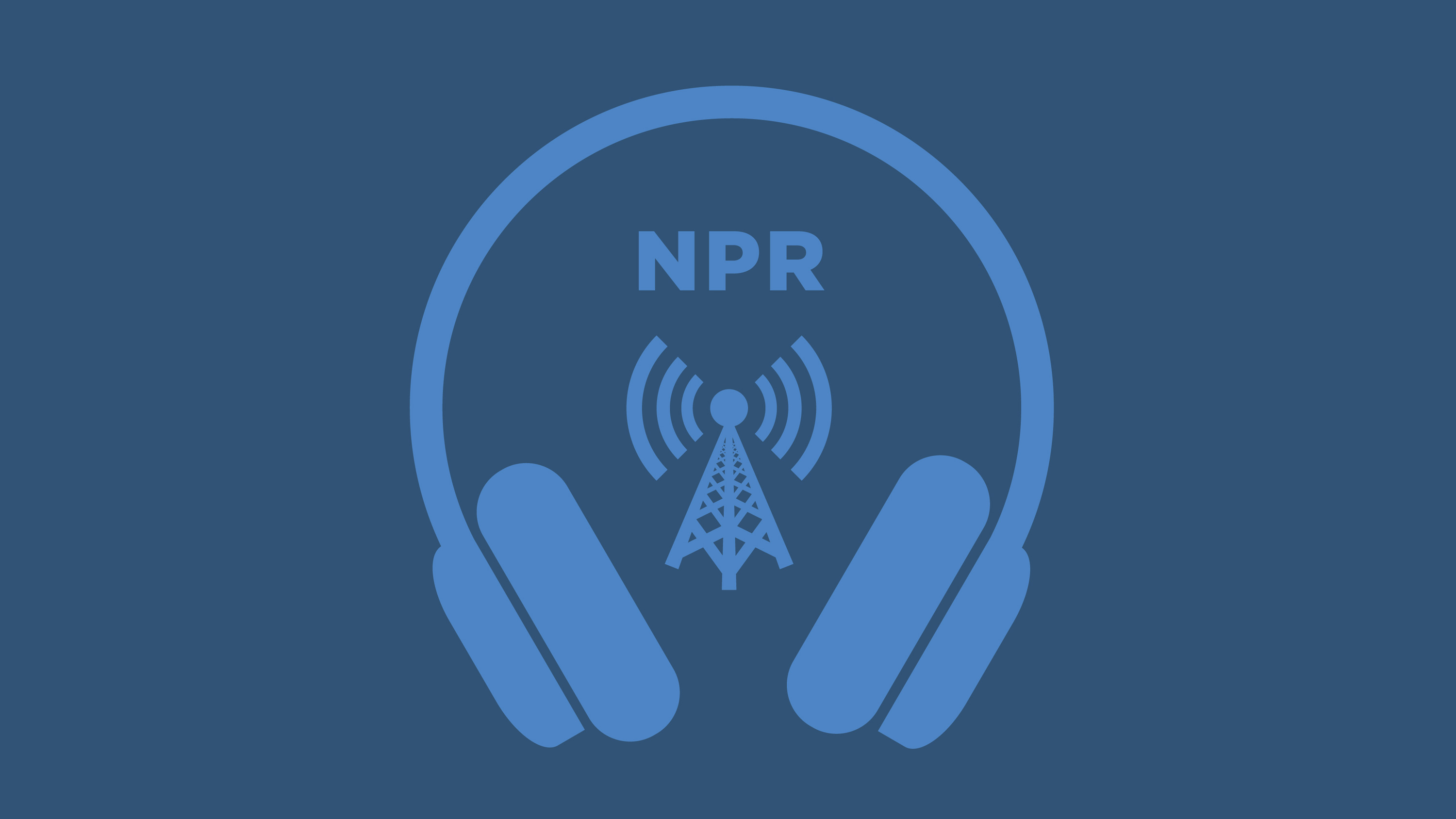By Ayesha Rascoe
Copyright npr

AYESHA RASCOE, HOST:
The Trump administration is relishing a win after ABC caved to pressure and suspended late-night host Jimmy Kimmel. The suspension highlighted FCC chair Brendan Carr’s aggressive approach to regulating broadcasters. Last week, he raised the possibility of revoking broadcast licenses over political speech.
(SOUNDBITE OF ARCHIVED RECORDING)
BRENDAN CARR: I mean, look, we can do this the easy way or the hard way. These companies can find ways to change conduct to take action on Kimmel, or, you know, there’s going to be additional work for the FCC ahead.
RASCOE: Anna Gomez, the only Democrat on the FCC, spoke to “Here & Now’s” Peter O’Dowd on Friday.
(SOUNDBITE OF ARCHIVED RECORDING)
ANNA GOMEZ: The FCC does not have the legal authority, the constitutional right or the ability to revoke a license just because the president does not like what that broadcaster is broadcasting.
RASCOE: But all the political pressure from President Donald Trump down to Carr may be enough to get them the results they want. Andrew Jay Schwartzman is a longtime nonprofit and public interest telecommunications lawyer. He’s also currently senior counsel at the Benton Institute for Broadband & Society. Welcome to the program.
ANDREW JAY SCHWARTZMAN: Hi. How are you, Ayesha?
RASCOE: I’m good. Now, you’ve spent your entire career working on cases that involve the FCC. Just how unusual are Carr’s comments, and can you put them into context?
SCHWARTZMAN: Well, they are unprecedented. As Commissioner Gomez has said, he is making threats that he can’t fulfill. He simply cannot revoke or otherwise take away broadcast licenses for this kind of thing at all, but he can make broadcasters’ lives miserable and he can cost them some money in legal fees. But most importantly, they need certain regulatory changes from the FCC, and the power of these threats is to coerce broadcasters into doing what Brendan Carr and Donald Trump want. It’s shameful, and it’s unprecedented.
RASCOE: Well, I mean, so much of this past week was about rhetoric. How does having the FCC commissioner saying these things make a difference if they’re not actually following through?
SCHWARTZMAN: Well, this is not alone. All year long, Brendan Carr has been tormenting broadcasters with bogus investigations and fake allegations that cost them time and money. So this is part of a pattern. If he hasn’t followed through on this, he’s attempting to follow through on other things. He won’t succeed in any of them, but it’s his power to withhold approval of things that broadcasters want that gives it juice. And to look at this particular incident in isolation or to imagine that it would’ve played out differently, overlooks that this is exactly the game plan that Chairman Carr is following.
RASCOE: Well, you say that they’re not going to win. Why are they on shaky legal ground, from what you see?
SCHWARTZMAN: First of all, Communications Act expressly prohibits censorship. Second of all, there is no violation of any FCC rule that’s alleged, and therefore, going after a license for a revocation is literally impossible. On that basis, you have the general requirement that broadcasters serve in the public interest, but that, by definition, does not allow involvement in content. So what you really have here is an unconstitutional act of jawboning, which the Supreme Court has repeatedly said you can’t do.
RASCOE: So the broadcast business is struggling. Viewership is down on-air broadcasts, you know, ABC, NBC, CBS. But does that mean that the influence of the FCC is also on the wane?
SCHWARTZMAN: In some ways, the FCC is more powerful than ever. Broadcasting is a highly profitable business, but it’s a declining business. And in order to continue the level of authority and power that they have, broadcasters are looking for regulatory relief from the FCC, which makes it all the more interested in satisfying Brendan Carr’s wishes. And also in paving the way for the rest of the administration, including the Justice Department, to accommodate them.
RASCOE: So, I mean, on Thursday, Carr, you know, mentioned ABC’s “The View,” and it seems like he has “The View” in his sights. What authorities could he have there?
SCHWARTZMAN: He has less than none. He has no power to address the content of individual programs. The Communications Act specifically says that there is no power of censorship.
RASCOE: Well, let’s talk about the FCC down the line, because on Friday, Senator Ted Cruz, he raised some concerns about Carr’s comments and what would happen if a future Democratic administration took the same actions.
(SOUNDBITE OF ARCHIVED RECORDING)
UNIDENTIFIED PERSON: Everybody on YouTube (ph).
TED CRUZ: They will silence us. They will use this power, and they will use it ruthlessly.
RASCOE: I mean, it’s rare to hear Senator Cruz out of step with the Trump administration. What do you make of what he said, and are you concerned that we may be past a point of no return?
SCHWARTZMAN: I share the fear. This is a abuse of power in the hands of anyone. And I would fear any Democratic FCC chair who tried to do the same thing that Brendan Carr is doing. It’s unprecedented. No Democrat or Republican in the past has tried, but if these tools were available – and they’re not – it would really be a horrifying threat to democracy.
RASCOE: That’s Andrew Jay Schwartzman. He’s a longtime nonprofit in public interest telecommunications lawyer. Thank you so much for joining us.
SCHWARTZMAN: I’m glad I could help.
(SOUNDBITE OF GUSTAF LJUNGGREN & SKULI SVERRISSON’S “OLIVE”)
Copyright © 2025 NPR. All rights reserved. Visit our website terms of use and permissions pages at www.npr.org for further information.
Accuracy and availability of NPR transcripts may vary. Transcript text may be revised to correct errors or match updates to audio. Audio on npr.org may be edited after its original broadcast or publication. The authoritative record of NPR’s programming is the audio record.



